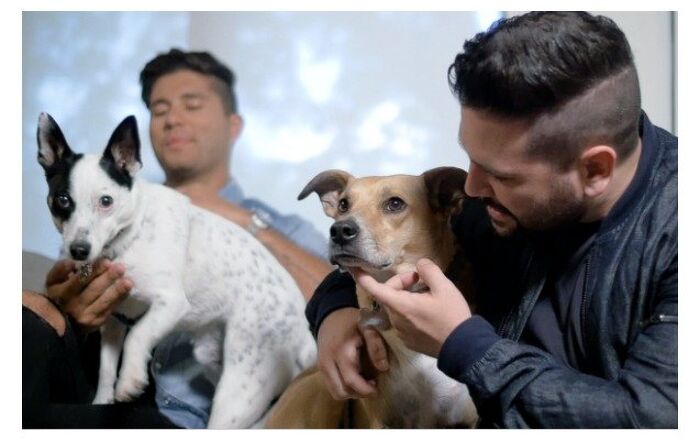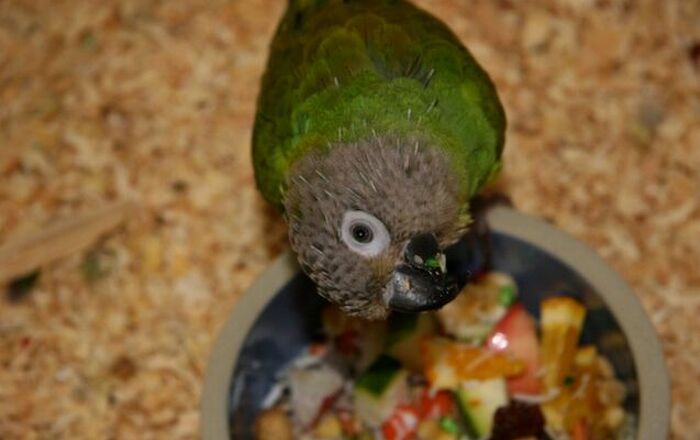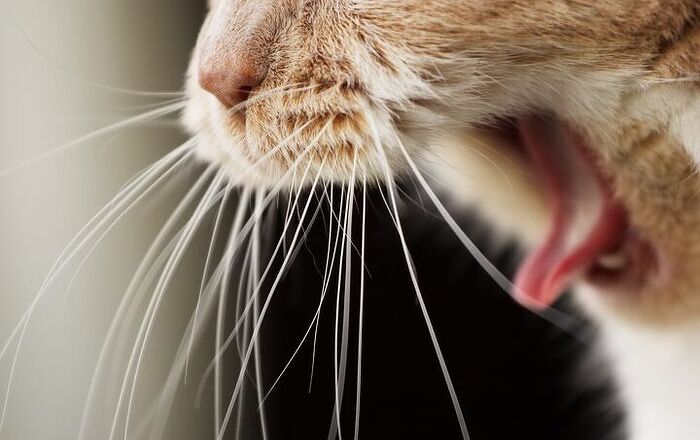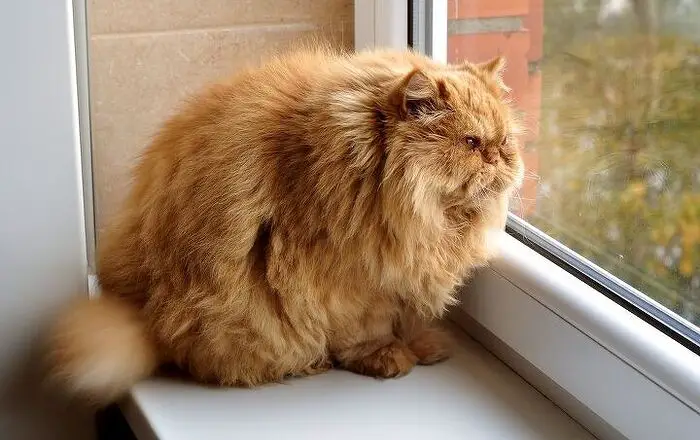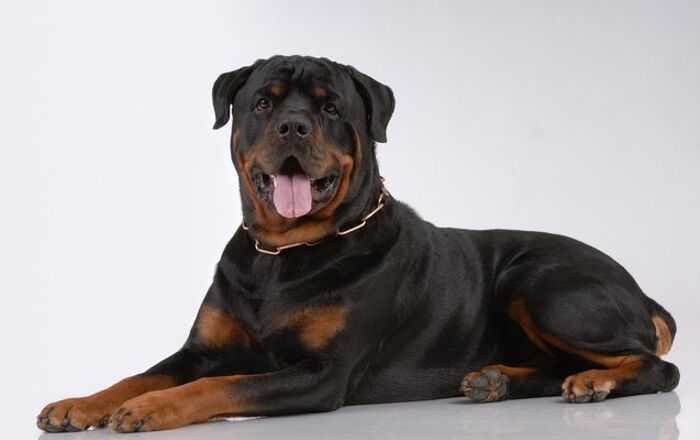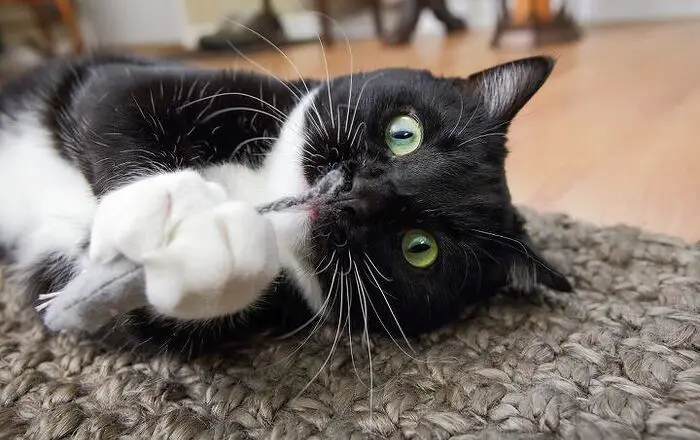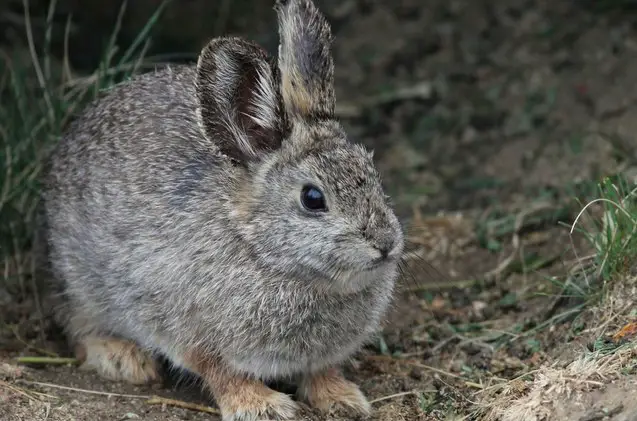
Columbia Basin Pygmy Rabbit Breed History/Origin
Columbia Basin Pygmy Rabbit is an isolated population of Brachylagus idahoensis (Pygmy Rabbit) that is native to a single area in Washington state. As the name suggests, these rabbits are best known for their miniature size- adult Columbia Basin Pygmy Rabbit usually weighs less than 1 lb.
Pygmy rabbits have lived in the Great Basin area of the western U.S for the last 100,000 years, but at least 10,000 years ago glacial movements made the Columbia Basin Pygmy Rabbit completely separated from the rest of its close relatives, which led to genetic differences that make this breed one of a kind.
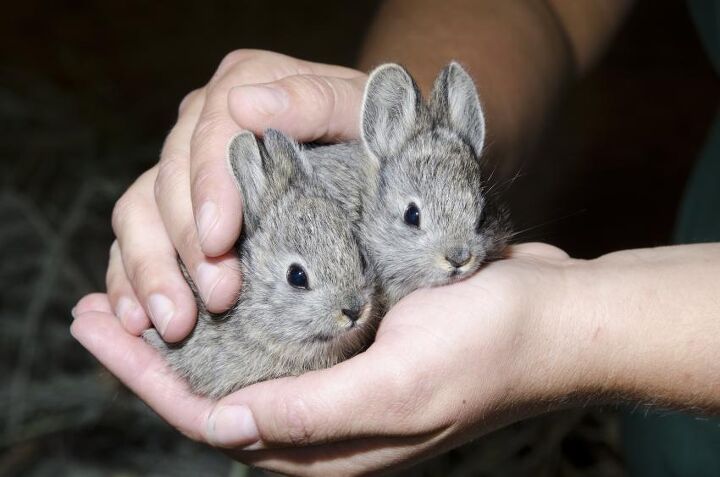
Sadly, these tiny bunnies are near extinct, and federally listed as an endangered species. In 2001, the last 16 rabbits that were living in the wild were collected by biologists from Washington Department of Fish & Wildlife, and transported to various breeding programs across the country, in efforts to preserve the unique breed. Even though the last genetically pure Columbia Basin Pygmy Rabbit, named Bryn, has passed away in 2009, the conservation efforts were not in vain, as her offspring is now repopulating their native habitats.
Columbia Basin Pygmy Rabbits are the smallest rabbits in the world, and can easily fit in a palm of one’s hand.
Overall Description
Apart from their petite size, Columbia Basin Pygmy Rabbits are easily recognizable by their round, compact bodies and small ears. When fully grown, these rabbits weigh no more than 1lb and are around 9 to 11 inches long. The females of the species are slightly larger than the males. Columbia Basin Pygmy Rabbits have short and strong legs and can hop at speed up to 15 miles per hour, and big claws that help them dig burrows. Their tail is short and almost entirely hidden.
Coat
Columbia Basin Pygmy Rabbits have a soft, fluffy fur. Their coat helps them maintain a constant internal temperature, which means it is supposed to protect them from harsh weather and extreme temperatures. During the winter season, their fur is denser and thicker, and after molting, slicker and more lightweight in the summer months.
Colors
Not unlike all undomesticated rabbits, Columbia Basin Pygmy Rabbits come only in one, grayish-brown color. In the winter, their hair appears to be grayer with a pinkish tinge, while in the summer it turns to brownish hues. Of course, since they are wild rabbits, they don’t have a uniform standard, but there are rarely any variations present. In some specimens, light spots near the nostrils can be present, as well as whitish around the margins of their ears.
These rabbits have soft, grayish-brown fur.
Care Requirements
In addition to their recognizable looks, these rabbits have another unique trait- they are the only rabbits native to the United States that dig their own burrows. In the wild, these tiny rabbits are prey to numerous predators, and digging hiding holes is essential to their survival. Columbia Basin Pygmy Rabbits also use dens to protect their young, by burying their litters in nests (shallow burrows). The mothers come back once a day to nurse their kits, which stay in the burrows until they are old enough to roam around with their parents, which is usually when they’re about two weeks of age.
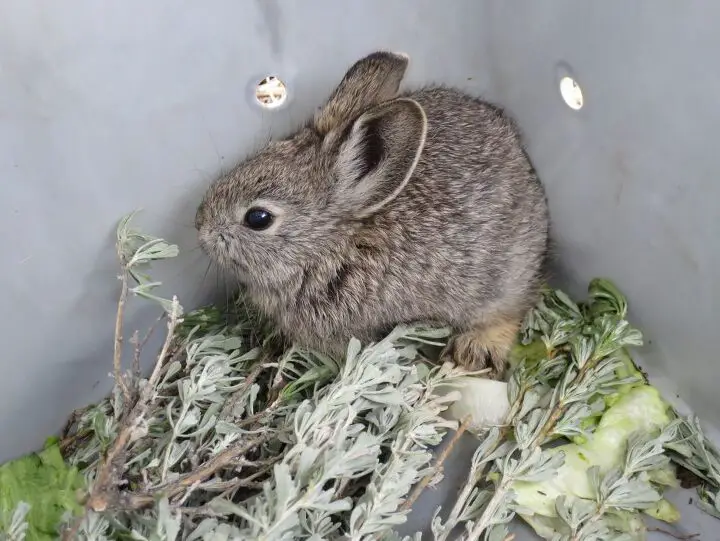
This particular breed has adapted to the life in the sagebrush prairie desert, and the bitter plant makes up most of their diet, as well as provides shelter. During the colder months of the year, the Columbia Basin Pygmy Rabbit’s diet consists almost exclusively of sagebrush leaves, and makes up more than half of their food in the summer, along with grass.
Health
Although there are no particular hereditary illnesses or breed-specific diseases that endanger the Columbia Basin Pygmy Rabbits, there are a few factors that led to their near extinction.
The lose of their natural habitat, due to clearings, developments and fires, is one of the main reasons why these tiny bunnies were all but wiped out from existence. Even in ideal conditions, their life expectancy is 3 to 5 years, because their size makes them easy prey for predators. The mortality rate for adult specimens is a staggering 88%.
The reproduction rate of Columbia Basin Pygmy Rabbits makes things even harder. Unlike most of their relatives, these petite rabbits are not prolific breeders. To ensure the survival of the species, they were crossed with other pygmy rabbits in the conservation breeding programs, which significantly helped preserve them. Columbia Basin Pygmy Rabbits that have been reintroduced to the wild are hybrids and have approximately 75% of their original genetic makeup.
These wild rabbits are timid, skittish, and unaccustomed to humans.
Temperament/Behavior
Considering their small size and harsh life in the wilderness, it’s not surprising that these rabbits are quite timid and skittish. They never stray far from their burrows, so much so that they are never more than 200 yards away from them. Due to the diminished numbers and limited research, there is still much that remains a mystery about the behavior and lives of these fascinating miniature rabbits.
As an endangered, wild breed, Columbia Basin Pygmy Rabbits are not suitable as pets. If you are looking for tiny, cute bunnies that make ideal pets, consider dwarf rabbit breeds such as Netherland Dwarf Rabbit, Jersey Wolly Rabbit, or Polish Rabbit.
Photo credit: Randimal/Shutterstock, Oregon Zoo

